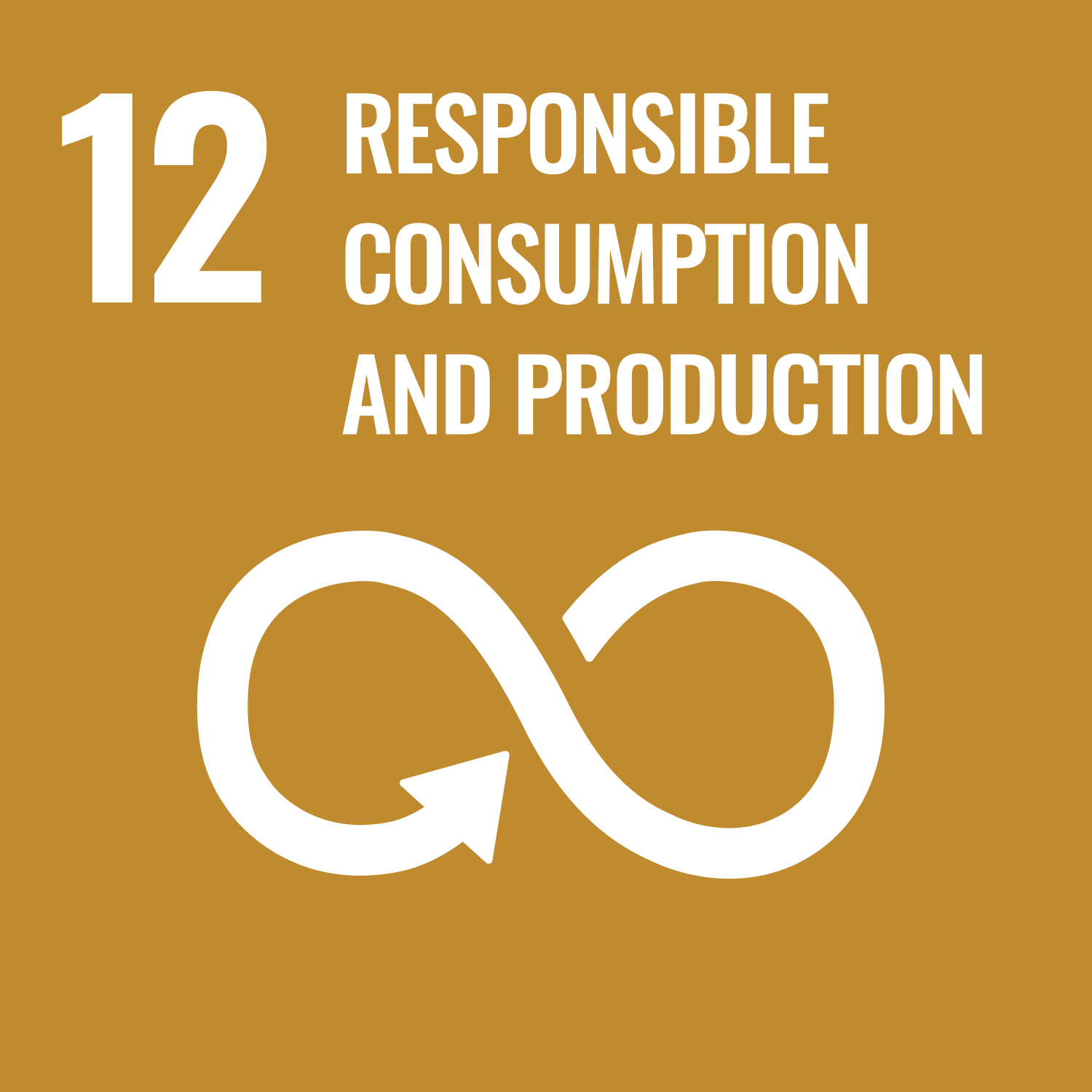ORCID
- SJ Childe: 0000-0002-9476-4209
Abstract
There has been increasing interest from both academics and practitioners in sustainable consumption and production (SCP) behaviour. The literature has mainly focused on antecedents and indicators for SCP behaviour, but scholars are yet to develop frameworks that provide insights into SCP behaviour. To address this gap, this paper develops a theoretical model grounded in institutional and agency theories that explicates the role of top management beliefs and participation when dealing with institutional pressures that impact upon SCP behaviour by facilitating information sharing and reducing behavioural uncertainty. Based on a sample of 167 responses from a survey with Indian organizations, we test the model using partial least squared regression-based structural equation modelling (PLSR SEM). Our results indicate the role of top management commitment as a mediator between institutional pressures and SCP behaviour and the role of beliefs as shaping the commitment of top managers towards strengthening SCP behaviour. We further suggest that participation plays a significant role in quality information sharing, which is important in reducing behavioural uncertainty among stakeholders. Finally we outline our research limitations and further research directions.
DOI Link
Publication Date
2016-01-01
Publication Title
Resources, Conservation and Recycling
Volume
106
ISSN
0921-3449
Acceptance Date
2015-11-08
Embargo Period
2017-01-01
Keywords
Agency theory, Behavioural uncertainty, Information sharing, Institutional theory, Partial least square regression (PLSR), Sustainable consumption, Sustainable operations, Sustainable production, Top management commitment
First Page
78
Last Page
89
Recommended Citation
Dubey, R., Gunasekaran, A., Childe, S., Papadopoulos, T., Wamba, S., & Song, M. (2016) 'Towards a theory of sustainable consumption and production: Constructs and measurement', Resources, Conservation and Recycling, 106, pp. 78-89. Available at: 10.1016/j.resconrec.2015.11.008


